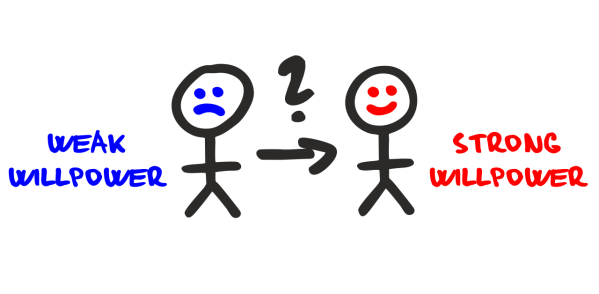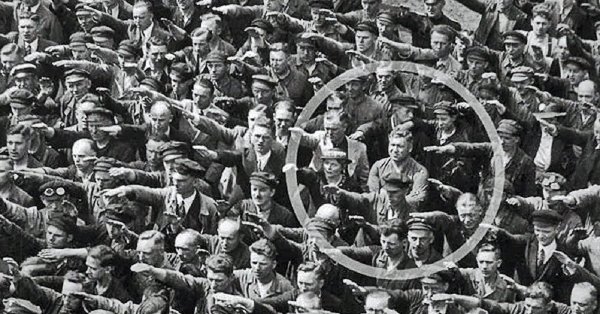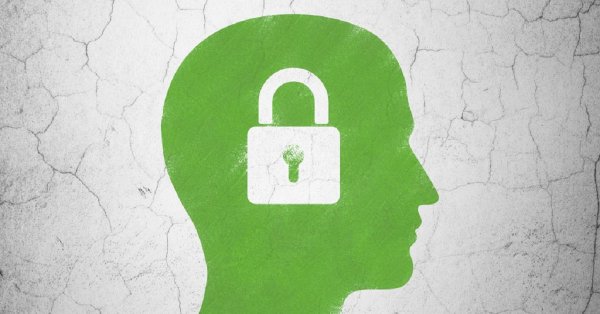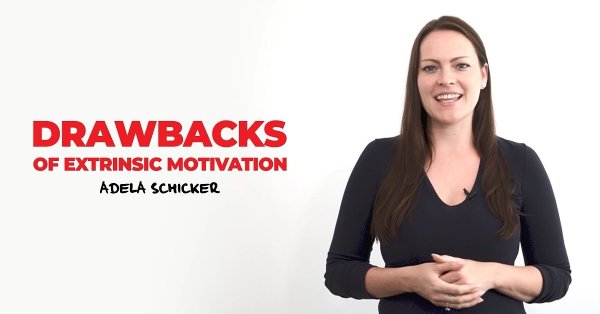Blog article
Objectivity's Blind-Spot: The Dunning-Kruger Effect
Posted by Petr LudwigWhy are people’s thoughts obscured by their absolute belief in the correctness of their opinions? Why do individuals who lack certain abilities believe they are exceptionally qualified? Thank the Dunning-Kruger effect.
The Dunning-Kruger Effect
“The fundamental cause of the trouble in the modern world today is that the stupid are cocksure while the intelligent are full of doubt.”
-- Bertrand Russell, mathematician, Nobel laureate
Though Bertrand Russell uttered this over half a century ago, the validity of his words has not changed. Instead, evidence for it has been provided by the research of Cornell University’s David Dunning and Justin Kruger. Through their studies, the two scientists uncovered a phenomenon known today as the Dunning-Kruger effect.
The Thief That Was Invisible
Dunning and Kruger’s research was inspired by the curious incident of Pittsburgh’s “lemon thief,” McArthur Wheeler, who, in broad daylight and without any disguise whatsoever, robbed not one but two banks. Thanks to surveillance footage, the police were able to identify and apprehend him quite quickly after the robberies. Curiously, Mr. Wheeler was very surprised about being caught, stating that he had, after all, “worn the juice!”
Wheeler had been operating under the belief that if he covered his face (and even his eyes) with lemon juice, it would make him invisible to cameras. This is a nonsensical hypothesis to us, but it represented an irrefutable truth to him. Why?
Our perceptions of how the world works are called mental models. Wheeler’s absurd mental model regarding the invisibility properties of lemon juice is just one extreme example of a frequent phenomenon wherein people have “odd” perceptions of the world. In such cases, people steadfastly believe in their mental models and make their decisions based on them without giving them any critical thought. It is precisely this phenomenon that Dunning and Kruger decided to investigate.
Hypothesis: A Person’s Ignorance Prevents Them from Realizing Their Own Ignorance
The scientists were piqued by the very apparent distinction between the true abilities and knowledge of a person and the way that person sees their own abilities. They formulated the hypothesis that a person who lacks competence suffers from two kinds of setbacks:
- They make bad decisions due to their ignorance.For example, they try to rob a bank after smearing lemon juice all over their face.
- They are unable to realize that they are making bad decisions based on their own lack of competence. For instance, Wheeler remained unconvinced of his incompetence even after viewing the surveillance videos of himself. He believed them to be fake.
The Core of the Research: An Ignorant Person is Convinced They are Smart
To prove this hypothesis, Dunning and Kruger conducted the following experiment on a group of university students:
- At first, the students were asked to complete a test assessing their capabilities in certain areas (logic, grammar, and humor.)
- After the test, they were asked to assess their own levels of competence in the tested areas. In other words, they were asked to guess how capable they were in what they had been tested on.
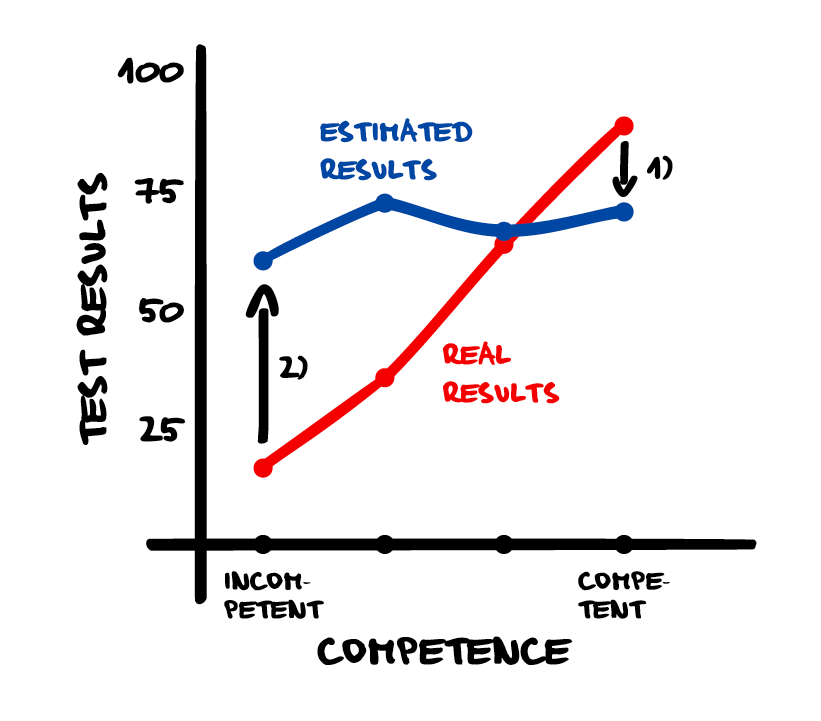
You can see what the final results were in the chart. The research came up with two very evident findings:
- People who are the least competent overestimate themselves the most. The quarter of the students with the poorest performance – having achieved an average percentile of 12 – expected to perform at an average percentile of 62.
- On the contrary, more capable people have a tendency to underestimate their abilities.
Sharing The Research Results Led to No Change
“Stupid is as stupid does.”
-- Forrest Gump
In the second portion of the experiment, the students had the opportunity to examine the test results of the other participants and once again make self-assessments of their abilities.
This part of the experiment resulted in two findings:
- After comparing their results with those of everybody else, the more competent people realized that their abilities were better than they thought they were. Their initial underestimation is due to the fact that when an individual believes that something is easy for them, then it must also be easy for others. New information about other’s performance changed their evaluation.
- The people who were less competent did not change their self-assessments even after seeing the actual test results. They were still unable to identify that the abilities of the other test-takers were better than their own, even when provided with evidence.
Education is the Path towards Objectivity
Thanks to further testing, the experiment-runners were able to conclude that more accurate assessments both of one’s self and of others can only be reached through training. In other words, when a person’s abilities improve, they are able to identify their original lack of ability.
Understanding Dunning-Kruger and objectivity is a key aspect of personal growth. In order to help you grow, we have released a free chapter of our bestseller.
Conclusion: People Who Don’t Know are Unaware that They Don’t Know
Unskilled people make poor decisions and reach erroneous conclusions, but their incompetence denies them the metacognitive ability to appreciate their mistakes.
-- Dunning-Kruger effect, Cornell University
The research ultimately revealed the following:
- Individuals lacking competence have a tendency to overestimate their abilities.
- Incompetent people are unable to identify the abilities of others.
- After being confronted with reality, these individuals do not change their positions.
- The only way to overcome the Dunning-Kruger effect is to improve one’s skills through education and training.
The Properties of the Human Brain
There is a condition called anosognosia which may indicate that the Dunning-Kruger effect is, in fact, a defensive mechanism of the human brain. This condition sometimes manifests in medical patients who have lost an arm or a leg. The patient still thinks they have the limb in question, and it’s impossible to explain to them that they don’t. There have even been cases where it was impossible to explain to a newly blind person that they are in fact blind. This is because the human brain is capable of subconsciously shutting out any information that may indicate a lack of ability. It’s, therefore, possible that it blocks out information regarding the incorrectness of one’s mental models in the very same way.
How to Combat the Dunning-Kruger Effect
Have you ever met an extremely awkward person who thought they were nothing less than a star comedian? Have you ever been shocked by the blatant absurdity of arguments in the comments section under various articles on the Internet? Has anyone ever tried to convince you that humans can survive for six years without food or that it’s healthy to drink your urine in the morning? Do you know anyone who is absolutely unshakable when it comes to believing in mental models that make absolutely no sense to you?
Each one of us regularly interacts with individuals suffering from the Dunning-Kruger effect. Even if you think that this “expert” may be wrong when it comes to their claims, it’s impossible to convince them of this using logical arguments.
Research has shown that this effect is quite widespread. In certain areas, we can all be victims of it. How then can we avoid it?
Do Not Make Steadfast Opinions on Matters You Know Little About
Disinformation, a lack of information, or information skewed by biased sources are dangerous. If you are choosing positions on matters about which you have little or no trustworthy information, you are at risk of becoming susceptible to the Dunning-Kruger effect. Therefore, you should look towards gaining objective information by getting it from quality sources such as academic research.
Don’t Have Dogmas
A classicist would say:
“The only dogma that I have is that I don’t have dogmas.”
The concept behind this quote is an effective tool towards preventing the onset of the Dunning-Kruger effect. Even if you believe in something very deeply, try acknowledging that it just might not be true. Always acknowledge the possibility that you may be under the influence of the Dunning-Kruger effect whether the concept is big or small. If Adolf Hitler and Anders Breivik had acknowledged this, for example, then their actions may not have reached the scale that they did.
Educate Yourselves and Seek Feedback
Start to actively question your intuition and subjective opinions. Seek out the truth and ask for objective feedback. You should value this feedback more than your own opinions. When it comes to combatting the Dunning-Kruger effect, education and lifelong learning make up the foundation.
A Philosophical Conclusion to Finish Off
Truth and objectivity are some of the most important values when it comes to the development and functioning of society.
Because it can cloud our minds against objectivity, the Dunning-Kruger effect is an enemy. The main risk this phenomenon poses is that it can be contagious. So, don’t let yourself get caught up in it!
"Ignorance more frequently begets confidence than does knowledge."
-- Charles Darwin
Further reading
This is an excerpt from the book The End of Procrastination with more information on Dunning-Kruger effect and the role it plays in procrastination.
Additional sources
- Research paper: Kuger, J. and Dunning, D.: Unskilled and Unaware of It: How Difficulties in Recognizing One's Own Incompetence Lead to Inflated Self-Assessments: Psychology, 2009, 1, 30-46.
- Research paper: Kuger, J. and Dunning, D.: Unskilled and Unaware of It: How Difficulties of Recognizing One’s Own Incompetence Lead to Inflated Self-assessments: Journal of Personality and Social Psychology, 1999, vol. 77, no. 6, pp. 1121-1134.
- Research paper: Dunning, D.: Self-Insight: Roadblocks and Detours on the Path to Knowing Thyself (Essays in Social Psychology: Psychology Press: 2005, s. 14–15.
- Research paper: Ehrlinger, J.; Johnson, K.; Banner, M.; Dunning, D.; Kruger, J.: Why the unskilled are unaware: Further explorations of (absent) self-insight among the incompetent: Organizational Behavior and Human Decision Processes: 2008.
- Book: The End of Procrastination: How to Stop Postponing and Live a Fulfilled Life, Petr Ludwig, Adela Schicker, St. Martin's Essentials, 2018, ISBN: 978-1250308054
- Interview: The Anosognosic’s Dilemma: Something’s Wrong but You’ll Never Know What It Is, Justin Dunning, NY Times
- Wikipedia article: Dunning-Kruger effect
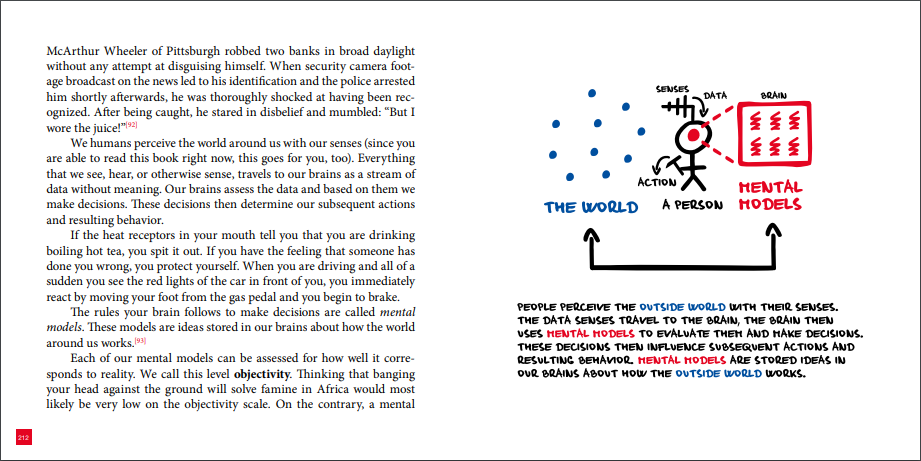 Click to enlarge
Click to enlarge


